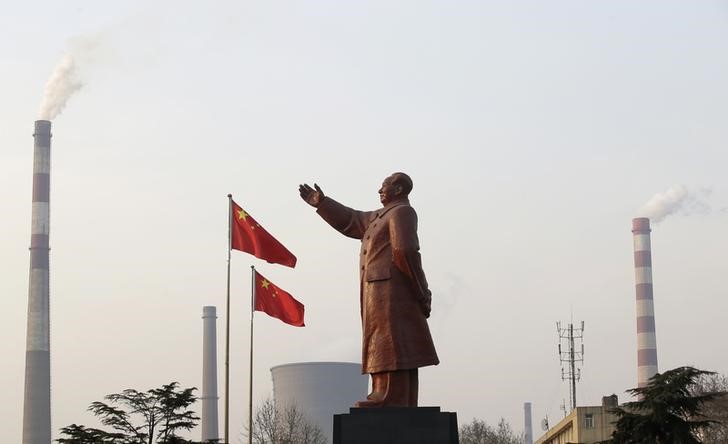Oil’s Selloff on China COVID Could Send a Barrel Below $85
2022.09.01 21:17

By Barani Krishnan
Investing.com — It’s not looking good for oil bulls and it could get worse before it gets better.
New lockdowns in China triggered by COVID scares extended the selloff in oil for a third straight day, increasing the likelihood of U.S. crude being pushed below $85 a barrel the first time since late January.
Brent crude, the London-traded global benchmark for oil, was down $3.14, or 3.5%, to $86.41 per barrel by 13:46 ET (17:46 GMT), after a session low at $92.13. Brent fell 2.8% on Wednesday and 5% on Tuesday.
New York-traded West Texas Intermediate, the benchmark for U.S. crude, was down $3.41, or 3.6%, to $92.23. It fell 2.3% on Wednesday and 5.5% on Tuesday.
Thursday’s session low in WTI was $86.25, not too from snapping the $85 support.
“From a technical perspective, a break below $85 could make WTI test the monthly Middle Bollinger Band of $82,” said Sunil Kumar Dixit, chief technical strategist at SKCharting.com. “If that snaps, it could go all the way down for a test of $77.98 in the short term, before any fresh rebound takes it toward the $97-$99 resistance zone.”
“That again is from a technical perspective. From a more comprehensive outlook on oil, you have to consider the fundamentals too, of course,” said Dixit.
And the fundamentals, even before the China COVID story, had been cloudy at best.
OPEC+ for instance published a stronger demand on Wednesday when traders were actually looking for the oil producing alliance to announce production cuts.
OPEC+ reduced its 2022 oil surplus estimate by half to 400,000 barrels per day while forecasting a 300,000 bpd deficit for 2023.
The 23-nation OPEC+ — comprising the original 13 members of the Saudi-led Organization of the Petroleum Exporting Countries and their 10 Russia-led allies — will hold its monthly meeting on Sept. 5. If it does not announce any cuts at that point, then oil prices could continue falling on concerns of seasonally weak demand during the autumn, or fall, period beginning in three weeks.
Also pressuring oil on Wednesday was the White House’s announcement that President Joe Biden spoke with Israeli Prime Minister Yair Lapid on Wednesday on the revival of a 2015 nuclear deal that is eagerly sought by Iran and strongly opposed by Israel.
Asia’s factory activity slumped in August as China’s zero-COVID curbs and cost pressures continued to hurt businesses, surveys showed on Thursday, darkening the outlook for the region’s fragile recovery, Reuters reported.
Southern Chinese tech hub Shenzhen, meanwhile, tightened COVID-19 curbs as cases continued to mount, with large events and indoor entertainment suspended for three days in the city’s most populous district, Baoan.








